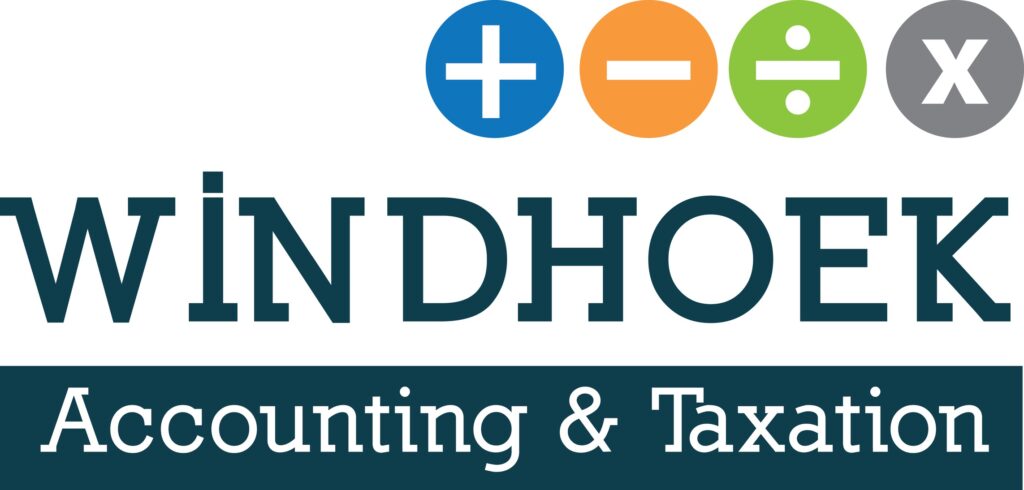Selecting the right business structure is one of the most important decisions entrepreneurs must make when establishing a business in Namibia. The structure determines legal obligations, tax requirements, operational flexibility, and potential for growth. Namibia offers several business structures, each suited to different needs and objectives.
Common Business Structures in Namibia
1. Sole Proprietorship
• Definition: A business owned and operated by a single individual.
• Key Features:
• Easy and inexpensive to set up.
• The owner has full control over decision-making.
• No distinction between personal and business liabilities.
• Best For: Small-scale businesses or startups with minimal risk.
2. Partnership
• Definition: A business owned by two or more individuals who share responsibilities and profits.
• Key Features:
• Requires a partnership agreement outlining roles, responsibilities, and profit-sharing ratios.
• Partners share liabilities equally unless otherwise agreed.
• Best For: Professionals like lawyers, accountants, or consultants.
3. Close Corporation (CC)
• Definition: A legal entity that can have up to 10 members.
• Key Features:
• Separate legal personality, limiting members’ liability to their contributions.
• Simplified administration compared to companies.
• No new CCs can be registered post-2010, but existing CCs can continue operations.
• Best For: Small businesses already established as CCs before 2010.
4. Private Limited Company (PTY)
• Definition: A legal entity separate from its owners, owned by shareholders.
• Key Features:
• Limited liability for shareholders.
• Requires a minimum of one director and one shareholder.
• Ideal for businesses planning to scale or attract investors.
• Best For: Medium to large businesses or those with growth aspirations.
5. Public Limited Company (PLC)
• Definition: A company that offers its shares to the public.
• Key Features:
• Shares are traded publicly, providing access to capital markets.
• Heavily regulated with stricter reporting and compliance requirements.
• Best For: Large corporations looking to raise substantial capital.
6. Foreign Company
• Definition: A branch or subsidiary of a company incorporated outside Namibia.
• Key Features:
• Must register with the Business and Intellectual Property Authority (BIPA) before commencing operations.
• Subject to local tax and regulatory requirements.
• Best For: International businesses expanding into Namibia.
7. Cooperative
• Definition: An organization owned and operated by a group of individuals for mutual benefit.
• Key Features:
• Members share decision-making and profits.
• Common in agriculture, fisheries, and rural development.
• Best For: Community-driven ventures or collective enterprises.
8. Trust
• Definition: A legal arrangement where assets are held and managed by trustees for the benefit of beneficiaries.
• Key Features:
• Commonly used for estate planning or non-profit purposes.
• Offers limited liability to trustees.
• Best For: Non-profits or estate management.
Factors to Consider When Choosing a Business Structure
1. Liability:
• Consider how much personal liability you’re willing to assume. Structures like PTYs and CCs limit personal risk.
2. Tax Implications:
• Each structure has different tax obligations. For example, sole proprietors are taxed as individuals, while companies face corporate tax rates.
3. Funding Needs:
• If you plan to raise significant capital, a private or public limited company may be more appropriate.
4. Regulatory Requirements:
• Some structures, like PLCs and foreign companies, require more stringent reporting and compliance.
5. Operational Flexibility:
• Smaller structures like sole proprietorships or partnerships allow for simpler operations, but may lack scalability.
How to Register Your Business in Namibia
1. Reserve a Business Name:
• Apply for name reservation through BIPA.
2. Choose a Structure:
• Decide on the most suitable business type.
3. Submit Required Documents:
• Documents include the Memorandum and Articles of Association (for companies), ID copies, and proof of address.
4. Tax Registration:
• Register with NAMRA for tax compliance.
5. Open a Bank Account:
• Ensure your business finances are managed separately.
How Windhoek Accounting & Taxation Can Assist
At Windhoek Accounting & Taxation, we provide tailored advice to help you choose the best business structure for your goals. Our services include:
• Business Registration: Guiding you through the legal and regulatory requirements for setting up your business.
• Tax Advisory: Ensuring compliance with Namibian tax laws for your chosen structure.
• Financial Planning: Helping you manage finances and prepare for growth.
Conclusion
Understanding Namibia’s business structures is crucial for setting a solid foundation for your venture. Each structure has its benefits and challenges, so it’s important to assess your goals, resources, and risk tolerance before deciding.
For expert guidance in establishing your business in Namibia, contact Windhoek Accounting & Taxation today. Let us help you navigate the complexities of starting and growing your business!


